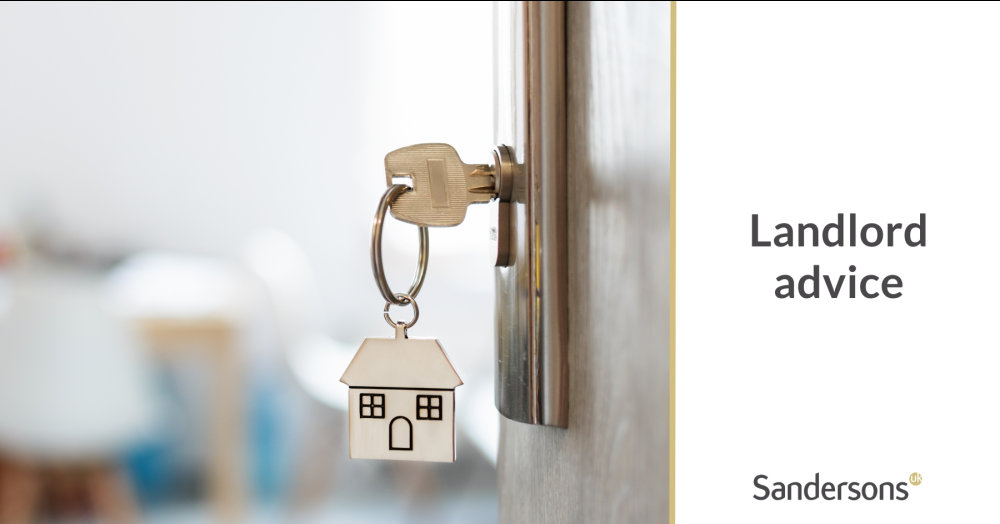It is natural to have queries regarding your rights and responsibilities towards the property. Just because you have let out your property, it does not mean you do not have any right over it.
Don’t fall for misconceptions or myths regarding the right of a landlord to access their property. There are rules that govern the same, and you need to know these regulations to avoid penalties. Make sure you get your queries solved before signing the tenancy agreement as standard tenancy agreements state the conditions in which landlord can access the property.
Quiet enjoyment
In the tenancy agreement, you may come across the term ‘quiet enjoyment’, it means that, as a landlord you will allow the tenant to have uninterrupted, quiet occupation and use of the property. This term is usually under the section of Landlord Obligations.
24 hours notice
According to the Housing Act 1988, the letting agent or landlord is required to notify the tenant in writing at least 24 hours before they want to access the property. This can be to gain access with a key for the landlord, managing agent or an appointed professional contractor. It is up to the tenant to decide if they wish to make themselves available to be present. If they request an alternative, more convenient time so they can be present it is best to try to work with them in the interest of building a positive relationship. If you do not provide 24 hours notice, the tenant can legally refuse to give you entry to the property. In the event access is flatly refused and they make it impossible for you to enter (e.g. by bolting a door closed from the inside), you may need to seek a court order if necessary to gain entry.
In the event of an emergency, particularly one that implicates the safety of the tenants or their neighbours such as a gas leak, water leak, electrical safety issue it is possible to gain entry sooner. It is still advisable to speak to the tenants to get this agreement to enter sooner than the required 24 hours.
Reasonable hours for visitation
In a tenancy agreement, it is required to mention the conditions like, what is a reasonable time of the day to visit and more. So, even if you have given 24 hours notice, you cannot go around whenever you want. The definition of reasonable hours for visit will depend on the type of tenants. For example, if your tenant works a night shift, an inspection at 8am is not “reasonable”. Along with reasonable timing, the time of the visit will also depend on the circumstances under which you are visiting.
Witness
If, as a landlord, you have poor relations with your tenant, it is advisable to arrange the presence of a witness while you are accessing your home.
Right to inspect
Regarding the right to inspect the property, the permission to inspect property or not depends on what is the reason for inspection. The law states that you need to have a genuine reason why you want to inspect the property. You cannot simply demand an inspection just because you want to. Even routine property checks need to be informed and given within 24 hours notice.
Viewings
If you want to access the property for viewings with new prospective tenants at the end of tenancy, it can only be conducted after notice to terminate the agreement has been served by either party. Some agreements stipulate that viewings can only be done in the last 28 days of the agreement.
Third party access
In case you want to bring someone else along with you or give them access to the property on their own, you can do so with management keys. In this case too, you need to give notice to tenants and inform them about the person you are giving access to. If you appoint a contractor, they should be reputable and trustworthy. You should see their qualification certificates and professional indemnity insurance. Most agents should do this as a matter of course for any contractors they appoint.
In summary, landlords must give their tenants notice before accessing their rental property. The specific notice period required will depend on the reason for the access, but in most cases, 24 hours' notice is sufficient. It's important to be respectful of the tenant's privacy and rights while accessing the property.


